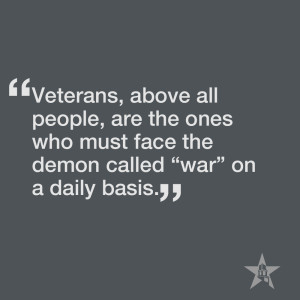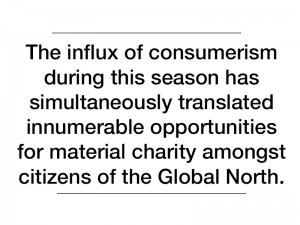By Johanna Lamont
As Halloween approaches, I think back to my childhood and reflect on how my family interacted with the holiday. We were never the type of people who would dress up and go trick or treating, or as the churches around home called it, “Trunk or Treating.” We never really did anything for Halloween except the occasional Addams Family marathon. The candy, costumes, and history of the event were never of much importance to us, and holidays were never a priority in general. The one thing that stands out about it was my mother’s exasperation at the amount of candy people would give to her children. We often had candy cleanses after the month of October, where we would purge the house of excess candy unless it was M&M’s.
Now, as I am older and am embracing holidays with my own twist on tradition, I have to rethink how I see Halloween. I finally get the chance to break out from my family’s tradition and make the holiday my own. The holiday itself has roots in the pagan celebration of Samhain, but the modern celebration of Halloween in America has little to do with pagan rites and celebrations. The holiday has been turned into a consumerist event, with companies marketing their costumes and candy like their lives depend on it. Halloween is generally a night spent with friends and is full of fun and mischief. We’ve adapted this pagan holiday into a holiday that suits our modern mentality, and in doing so, we’ve sacrificed the original meaning of it. This new reincarnation of the holiday holds no real moral meaning to it. There should be no guilt in someone’s conscience for dressing up and having fun with friends. I think that Halloween is a fine holiday with a lot of potential for fun. However, like any situation, it can be taken and used for wrong things.
I plan on dressing up for Halloween this year, enjoying the day with friends, and embracing the time to play and have fun. I don’t get the opportunity to dress up and embrace my love of fictional worlds every day, so this is an exciting holiday for me. I think that when dealing with holidays like Halloween that have complicated pasts or assumptions tied to them, it’s best to consider your own opinion and moral convictions. I don’t find anything wrong with celebrating Halloween, but for someone else, there might be an experience or conviction tied to the holiday that could cause an issue or distress for them. For me, it’s all about how I approach the holiday, what I carry in my heart, and intentions toward it. If I approached Christmas with a heart of selfishness or greed, I could turn the holiday surrounding the celebration of Christ’s birth into a day of sin. The intentions and desires of our hearts determine how we interact with and respond to holidays and celebrations. Halloween can be used for ill, as you can use the mystery and chaos of the holiday to harm others or cause distraction and fear.
Overall, I like the freedom of dressing up and appreciating the candy sales. I love the cheap chocolate, looking through Halloween aisles, coordinating costumes with friends, and watching cheesy movies. The holiday is corny and full of fun traditions that are waiting to be embraced. It’s a non-demanding holiday. There is no pressure to participate, and it has enough variations in how it’s celebrated that anyone can find a way to enjoy it. I think that this is a time of year that I will continue to look forward to in the future and create my own spooky traditions for. I think that my inner Addams will always enjoy the spooky, mischievous gloom of Halloween – with or without the candy. ★


 Armistice/Veterans Day provides the opportunity to reflect on the past and, hopefully, to apply what we can learn from reflection towards building a brighter tomorrow. Veterans deserve our recognition and respect because they were willing to sacrifice a part of their lives and autonomy in service to the greater good. But as General Schwarzkopf said, “Any soldier worth his salt should be anti-war.” Veterans, above all people, are the ones who must face the demon called “war” on a daily basis. They know what it will cost them and their loved ones. They have seen what war is, and found it wanting. It is not something to be sought after, desired, or romanticized; it is hell, and nothing more.
Armistice/Veterans Day provides the opportunity to reflect on the past and, hopefully, to apply what we can learn from reflection towards building a brighter tomorrow. Veterans deserve our recognition and respect because they were willing to sacrifice a part of their lives and autonomy in service to the greater good. But as General Schwarzkopf said, “Any soldier worth his salt should be anti-war.” Veterans, above all people, are the ones who must face the demon called “war” on a daily basis. They know what it will cost them and their loved ones. They have seen what war is, and found it wanting. It is not something to be sought after, desired, or romanticized; it is hell, and nothing more. 